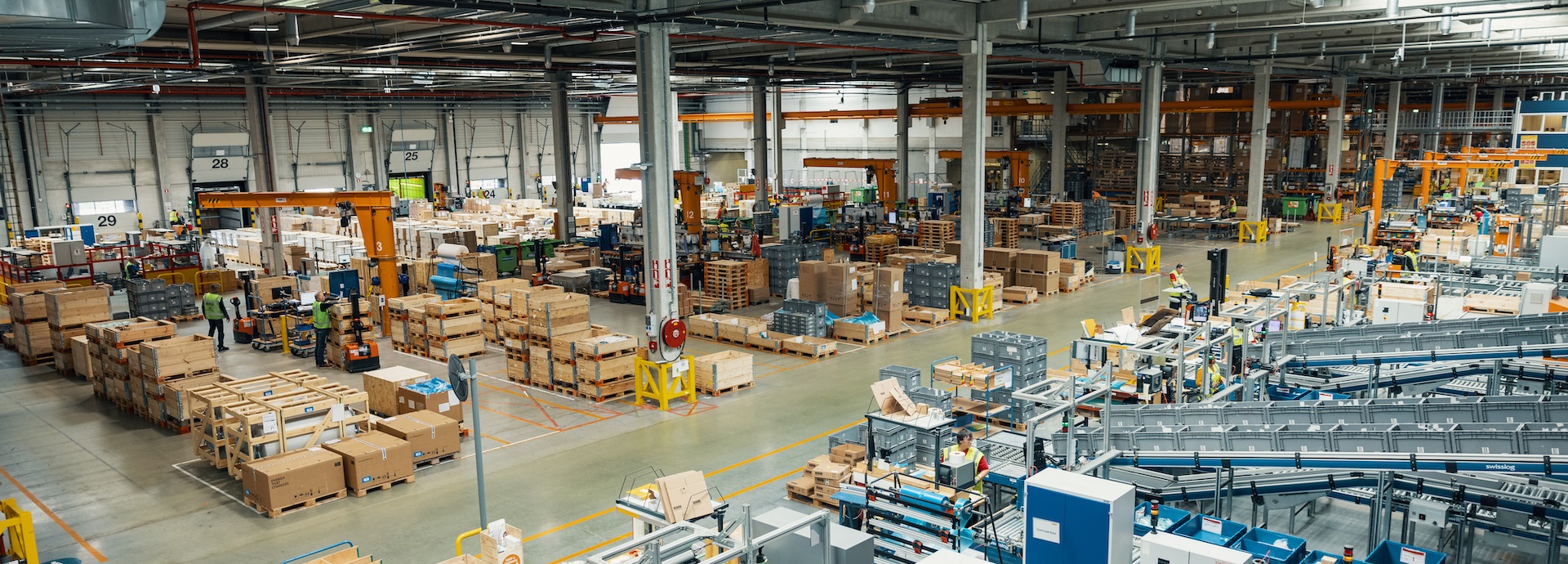

As Earth Hour rolls around yet again, the need for energy saving is at the forefront of global consciousness. And in 2023, the need to conserve power is doubtless higher up the list of everyday priorities than ever before. As 2022 saw the cost of energy skyrocket in many parts of the world, and with the effects of climate change increasingly impacting our day-to-day, we cannot ignore the need to adapt and mitigate our own impacts on the planet.
Change is required at every level, including individual and organisational, and Wärtsilä’s Global Energy Saving campaign is a reflection of this, explains Harald Huppe, Wärtsilä’s General Manager, Sustainability & Decarbonisation. Launched in November 2022, the campaign encouraged employees to look at ways in which they had adapted – or could adapt – their own practices to cut energy consumption, urging them to think of how the company could implement similar changes in the corporate context.
“Since 2021 Wärtsilä has been committed to attaining carbon neutrality by 2030. Yet, this year, energy prices, shortages and political and climate related pressure to do more towards decarbonisation give a well-timed boost for us to be more active – to raise awareness and seize on opportunities,” says Huppe.
Keeping it cool around the world
The campaign operated across 48 countries and led to fruitful discussions and a raft of changed practices inspired by employee contributions. For example, Wärtsilä’s Central Distribution Centre in Kampen, the Netherlands, lowered the indoor temperature by 2°C and reduced drafts from opening doors. In Finland, all Wärtsilä locations, including Wärtsilä’s headquarters in Helsinki, committed to the nationwide 'Down a Degree' campaign and in the USA and Canada, programmable thermostats have been installed to heat the facilities during office hours only.
In warmer climes, such as the Singapore main office, the air conditioning system has been replaced with a more efficient Variable Refrigerant Volume (VRV) system, and in Chennai, India, air conditioners are never set below 28°C. Instead, more energy efficient ceiling fans are used to alleviate the heat.
Now is the time to act. Energy saving has been on everyone’s mind even at their homes, and work-related issues are not separate.
In fact, almost 40% of the company’s facilities have installed smart controls and meters for electricity use, temperature, and/or ventilation. While these changes may seem small in the scheme of things, it is important to practise what you preach – even at the micro level. It’s a matter of “doing your own housekeeping” according to Huppe.
“Wärtsilä aims to provide a product portfolio which will be ready for zero carbon fuels by 2030 and we strive to support our marine and energy sector customers on their decarbonisation journey. But there are also areas where we have a smaller impact but still need to be active,” he explains. “If we are going to support our customers in decarbonisation, then we also need to do our part as an organisation and minimise our own environmental footprint.”
Individual changes for widespread results
Furthermore, small changes add up. Finland’s Down a Degree campaign supported the nation to cut back its year-on-year electricity consumption by around 10 percent in December 2022, Huppe points out, a downward trend which appears to have become entrenched for the winter. Wärtsilä’s 2023 target for CO2 emissions reduction is 20,000 tons (approx. 20%) compared to 2021 – and to reach this, every aspect of operations should be revised.
“The year 2022 yielded a 13 percent reduction in energy consumption for Wärtsilä, and our global campaign only launched in November, so we’re looking forward to seeing the impact of that this year” says Huppe. “As we’ve kicked off the internal campaign, we’ve also been progressing with country and site-specific assessments to better understand the opportunities presented by solar panels, heat pumps and LED lighting.”
Moving towards cleaner and greener fuel sources is also a priority, with the availability and cost of cleaner fuels improving all the time, and while Huppe still sees some challenges to be overcome, there are also plenty of opportunities.
“These things are moving fast. We have prepared a sound roadmap with a good understanding of what we can implement now, and what will come later,” says Huppe.
Indeed, with energy prices in parts of Europe being at times 4-5 times higher than usual, there’s no better time to capitalise on media interest, greater public awareness, and stronger government action. And the changes we make today will resonate well into the future.
“Now is the time to act. Energy saving has been on everyone’s mind even at their homes, and work-related issues are not separate. As we work steadily towards our own decarbonisation target, this momentum will definitely continue,” Huppe concludes.


